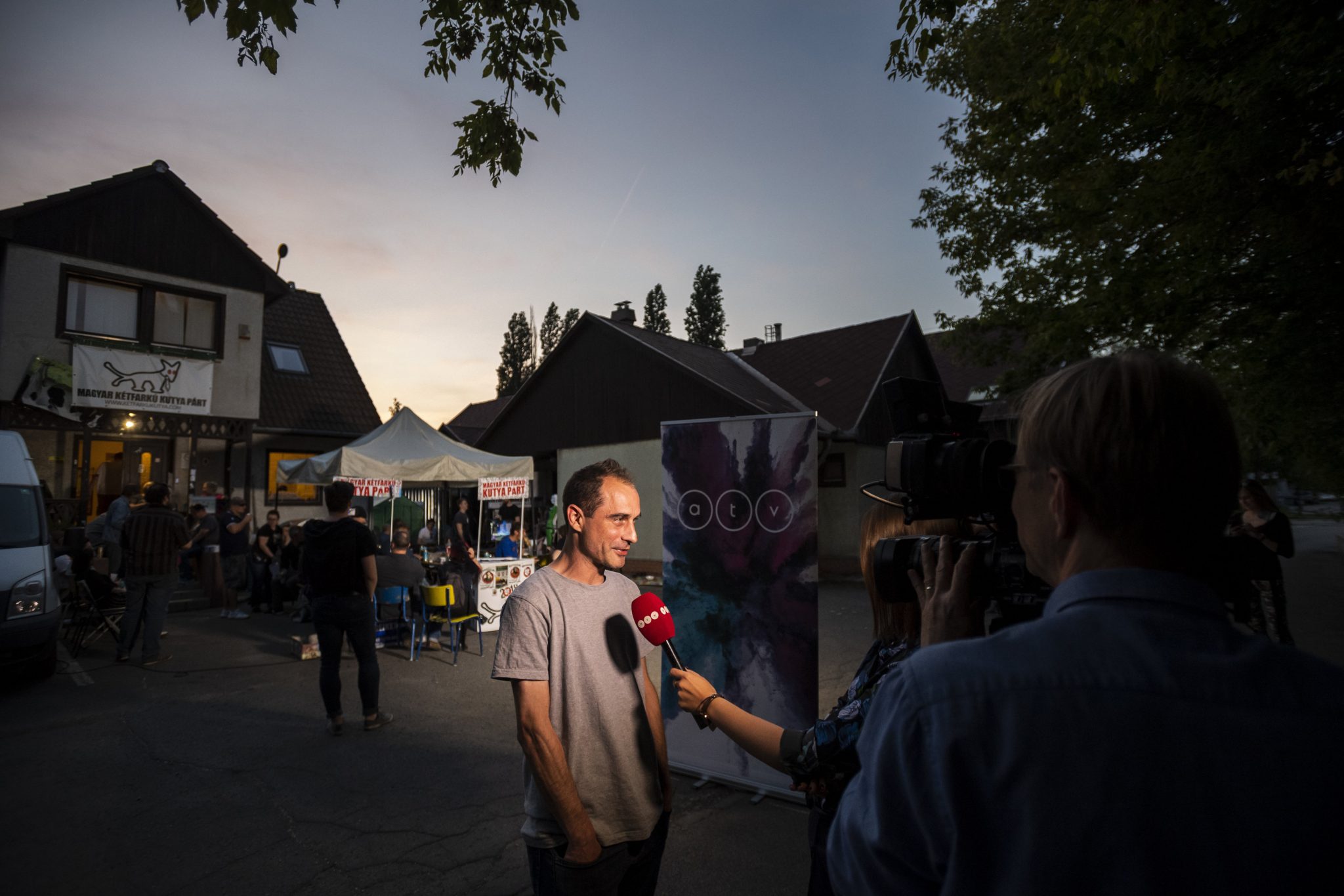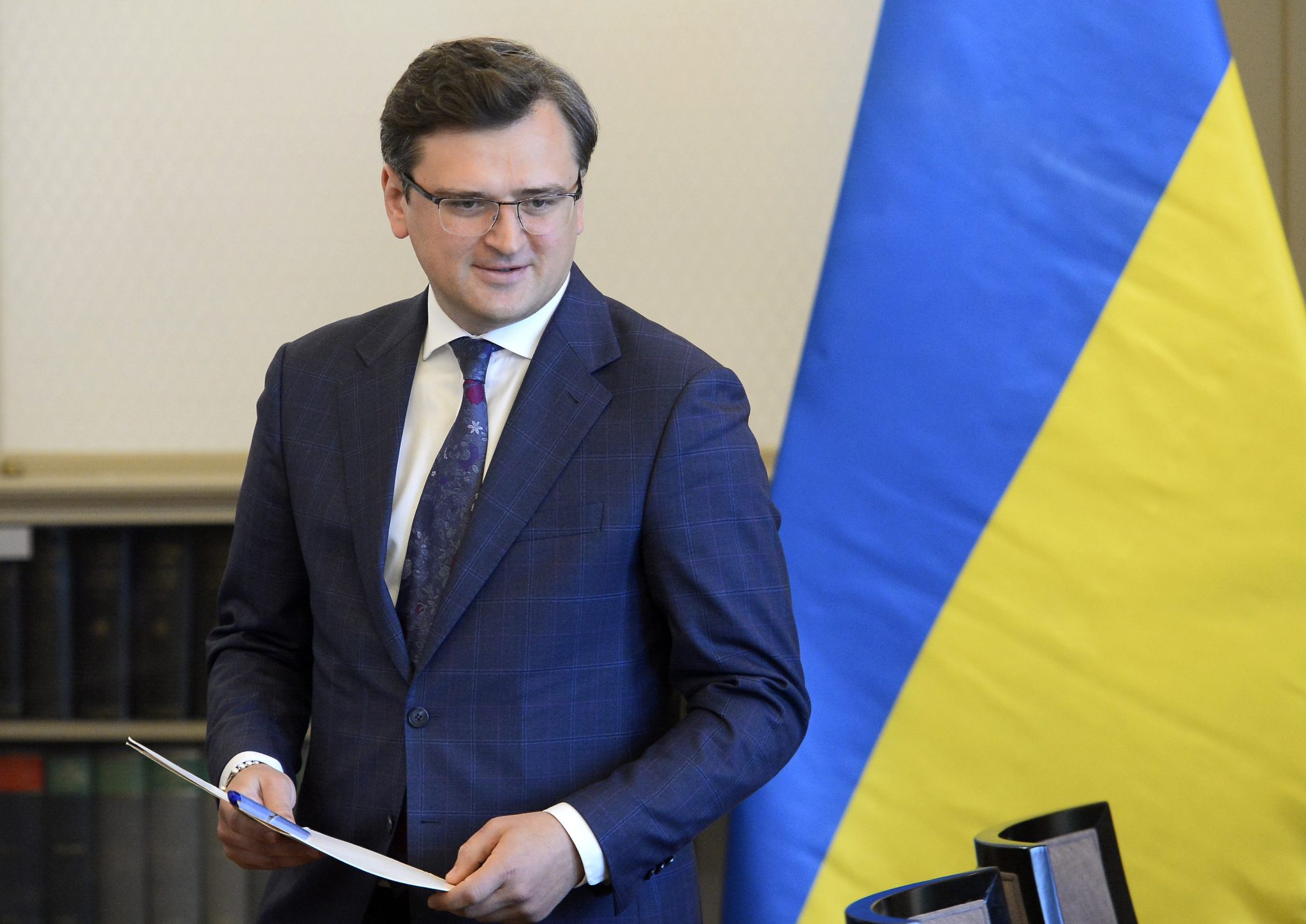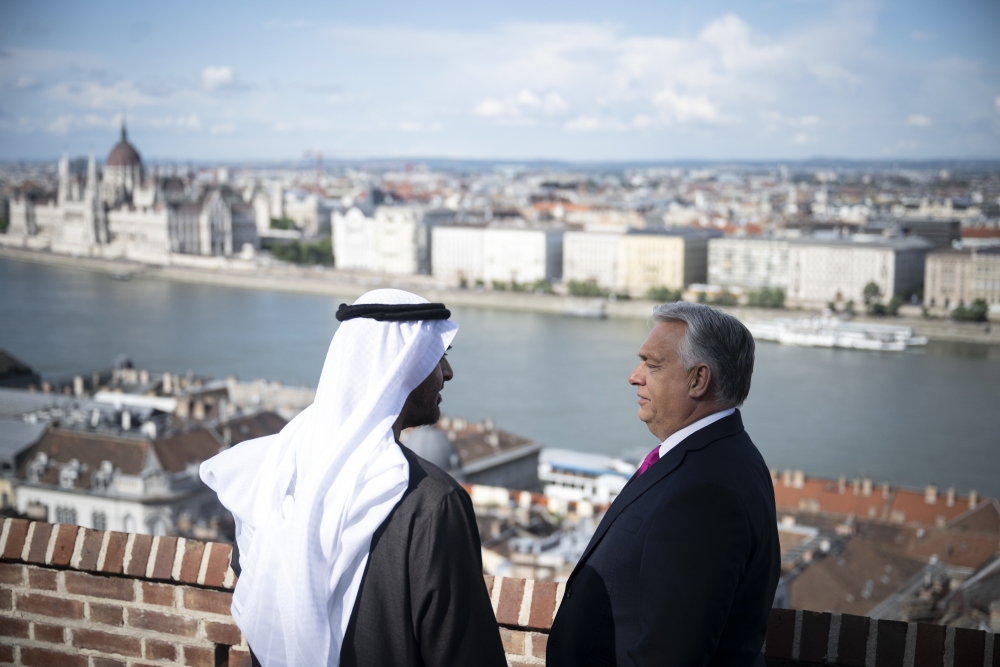With two weeks to go until the elections, it seems that the war in Ukraine has not done much to the support of the two major sides despite the government’s formerly friendly attitude towards Russia. Two different pollsters found that the opposition alliance’s PM candidate is struggling, while a third one found that the opposition came a little closer to the ruling forces. However, one political analyst warns against foregone conclusions, pointing to the high number of undecided voters. In addition, he predicts that Orbán’s victory may be costly.
IDEA: The war has activated voters
The most recent poll was made by liberal-leaning IDEA Institute which found that both the opposition alliance’s and Fidesz-KDNP’s voting base increased. They actually did so at the expense of the smaller parties and undecided voters.
- In the total population, the opposition came closer: Fidesz-KDNP 40%, opposition alliance (37%), Mi Hazánk 3%, Two Tailed Dog Party 2%. According to IDEA’s conclusion, this means that the fight has become open again.
- Fidesz-KDNP’s advantage among decided voters, however, is much higher. The ruling forces support amounts to some 50% in this matter, while that of the opposition alliance is only 43%. Far-right Mi Hazánk claims 4%, and satirical MKKP 3%.
Századvég: Orbán ‘almost twice as popular as Márki-Zay’
Committed voters who would prefer Viktor Orbán as prime minister outweigh those who back Peter Márki-Zay by almost 2:1, a March survey by the pro-Fidesz think-tank says.
- 62% preferred the incumbent versus 32% in favor of the prime ministerial candidate of the opposition alliance.
- Also, PM Orbán’s popularity in Budapest is higher than Márki-Zay’s, with 52% of the capital city’s committed voters behind the incumbent compared with 43% for the mayor of Hódmezővásárhely.
- In large cities and towns across the country, Orbán has 58% and 68% backing respectively, while in smaller towns and villages he is preferred by 66% of active voters.
- Orbán is also more popular among young voters, with 48% of those aged 18-29 preferring the prime minister with 41% for Márki-Zay.
Závecz before war: Márki-Zay’s popularity struggling
Left-leaning Závech Research’s survey (in which respondents were asked to rate leading politicians 1 to 5) conducted before the Russian invasion, also appears to confirm that Viktor Orbán is the most popular, while Márki-Zay is struggling in this regard.
- Viktor Orbán (43 points) is far more popular among the whole population and among those without a party preference than his challenger Péter Márki-Zay (32 points).
- Orbán is more popular even in the capital (37 points vs. 34).
- Márki-Zay is one of the most unpopular politicians in the villages among those surveyed.
- The other former PM candidates defeated by Márki-Zay or who withdrew in favor of him at the primaries, are also more popular than MZP: Jobbik’s Péter Jakab (37 points), DK’s Klára Dobrev (35 points), Momentum’s András Fekete-Győr (34 points) and Párbeszéd’s Gergely Karácsony (33 points), all scored higher than the Hódmezővásárhely mayor.
- On the other hand, radical-rightist Mi Hazánk’s candidate László Toroczkai is the least popular.
Surely this poll has generated some controversy, eventually leading Péter Márki-Zay to comment that the poll as a whole can be interpreted as the beginning of scapegoating in the opposition, and one of the (opposition) parties may be behind the survey.
Analyst Török: Orbán would probably win, but victory can be costly
Hungary’s perhaps most relevant political analyst says that as things stand at the moment, it seems that Viktor Orbán will probably win the elections.
In an interview with Azonnali, Gábor Török warns against labeling the elections’ outcome a ‘done deal,’ pointing out that the ratio of undecided voters, and those making a decision in the campaign finish are high- enough to make a difference while anything can still happen. On the other hand, the dedicated voting base for each side is solid, and there will be no movement between the two, as the “gap” is too deep and wide.
In regard to the two small parties, MKKP and Mi Hazánk, Török argues that their chances are moderate, but while MKKP is rather invisible these days, which definitely decreases their chances, Mi Hazánk’s odds are somewhat higher.
On his social media page, Török also argues that although Fidesz-KDNP is the favorite, the price of their victory may still be high and painful, referring to the government’s formerly friendly attitude towards Vladimir Putin and Russia, due to which PM Orbán will have to let go his self-proclaimed street-fighter depiction and lose the image of the great strategist, the image of a politician who foresees everything several steps ahead. “And the most serious consequence: losing hope that the next cycle will be easier than the current pandemic-hit one. It will not be easier. If there will be one at all, it will be the hardest ever,” Török predicts.
featured image: ballot papers being printed already; image by Tibor Illyés/MTI



